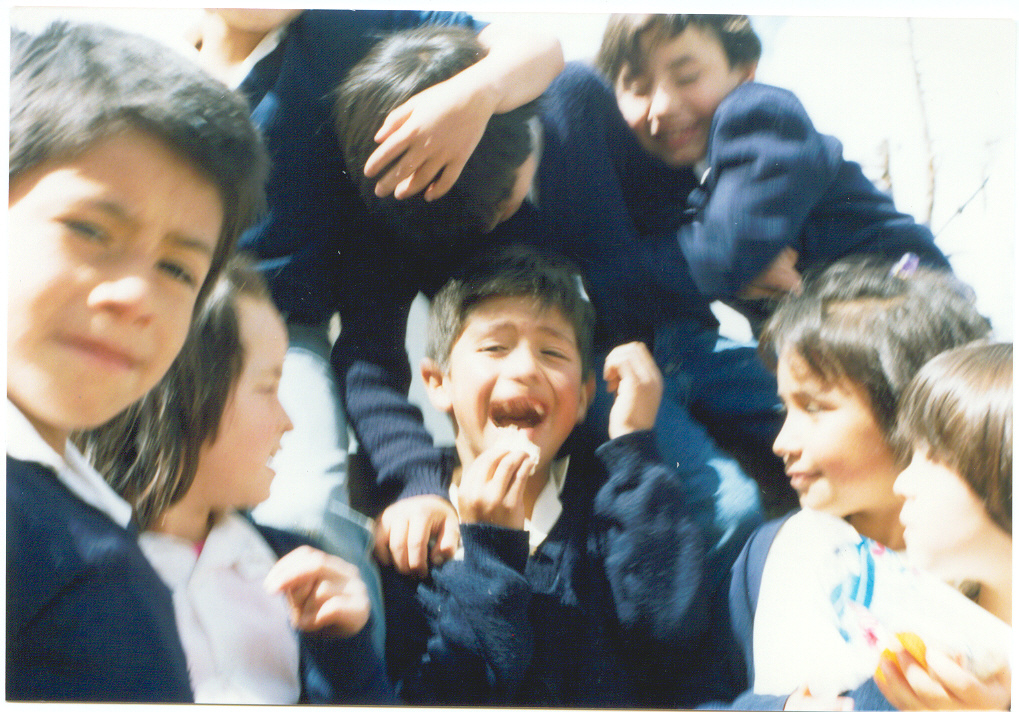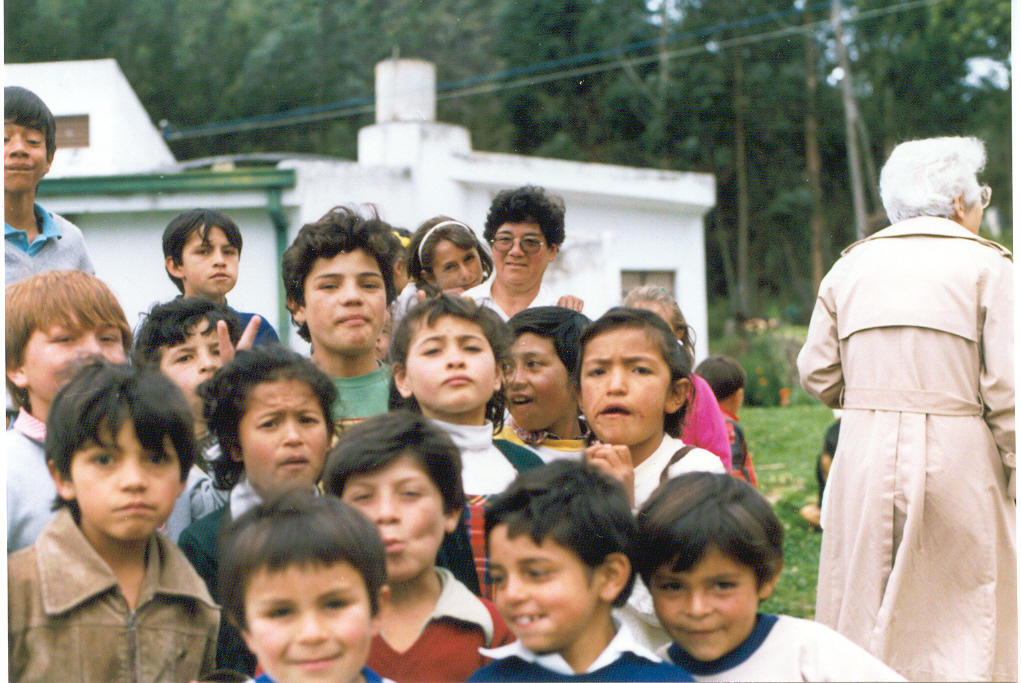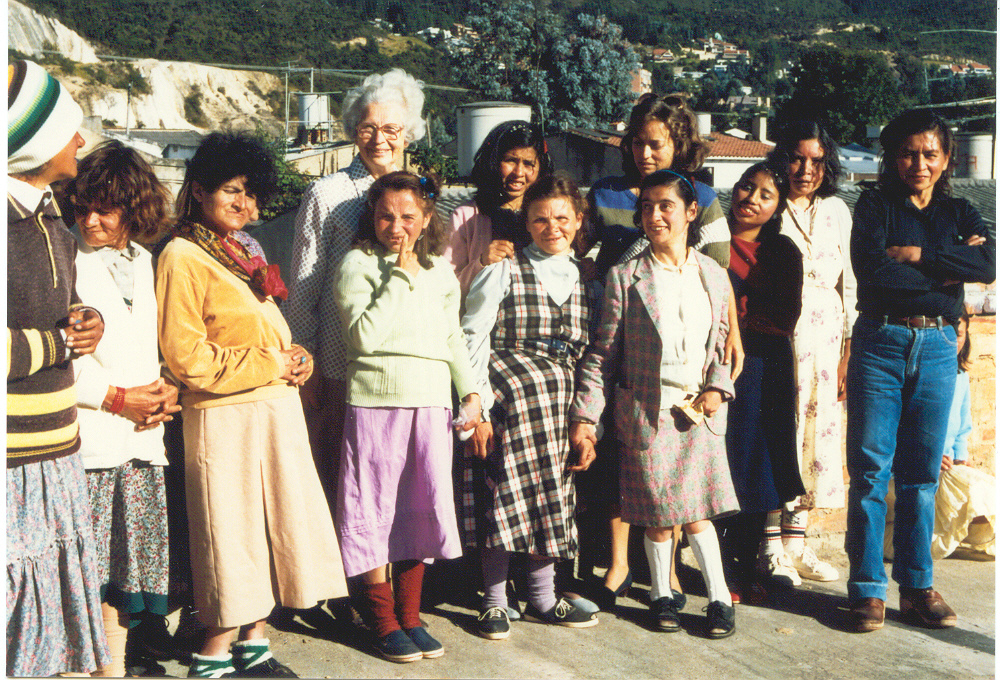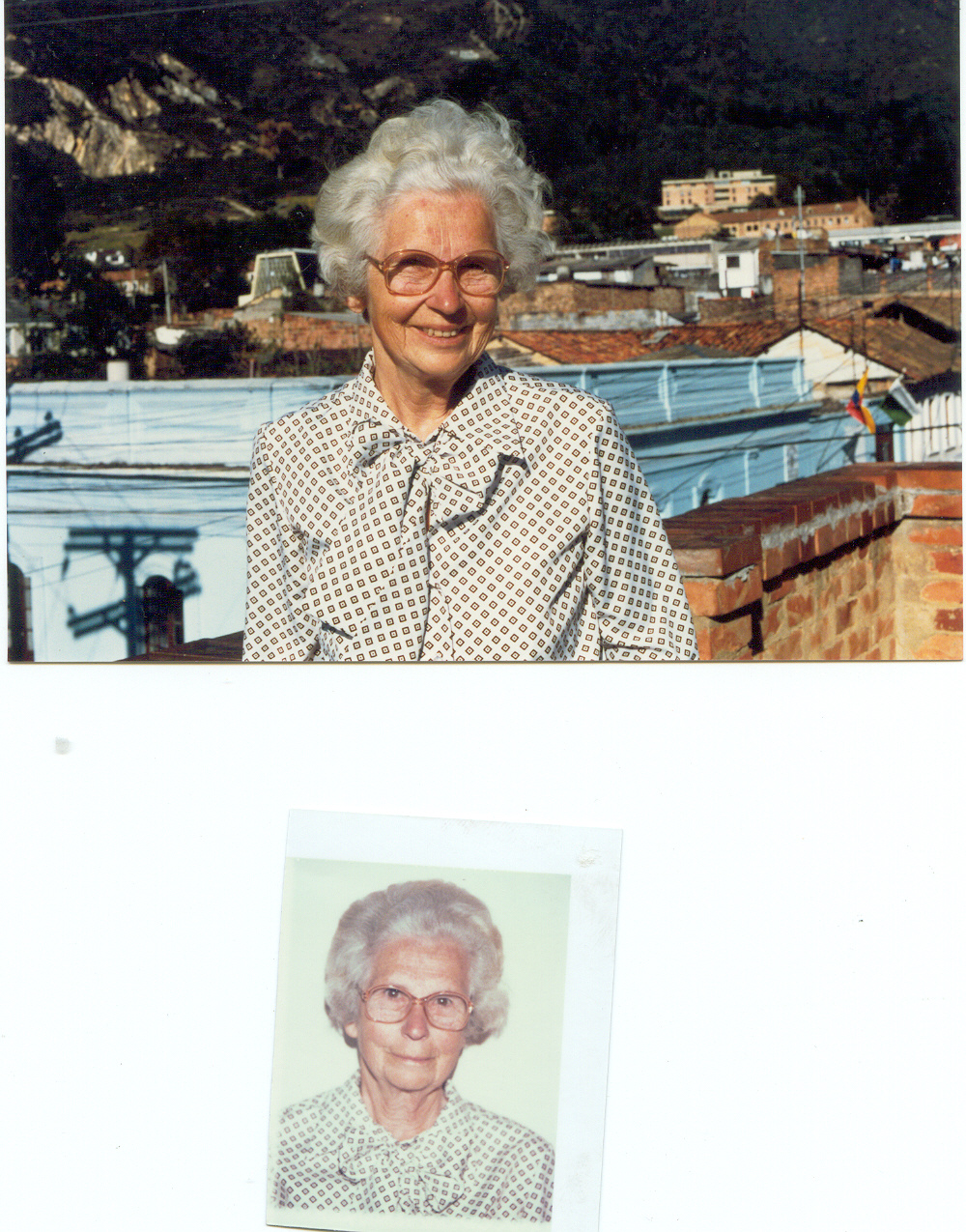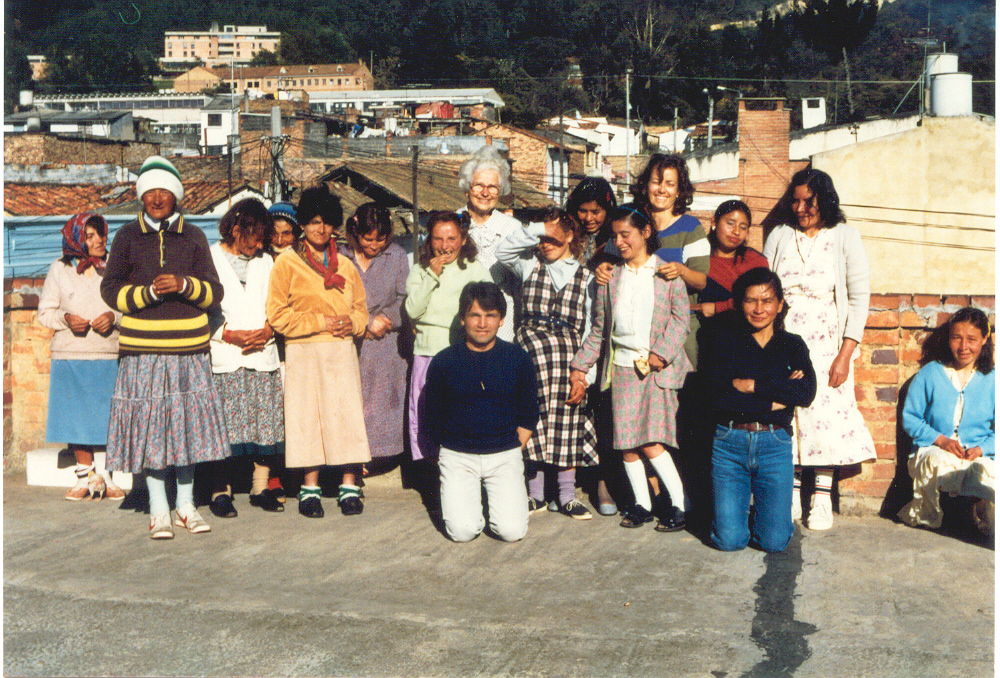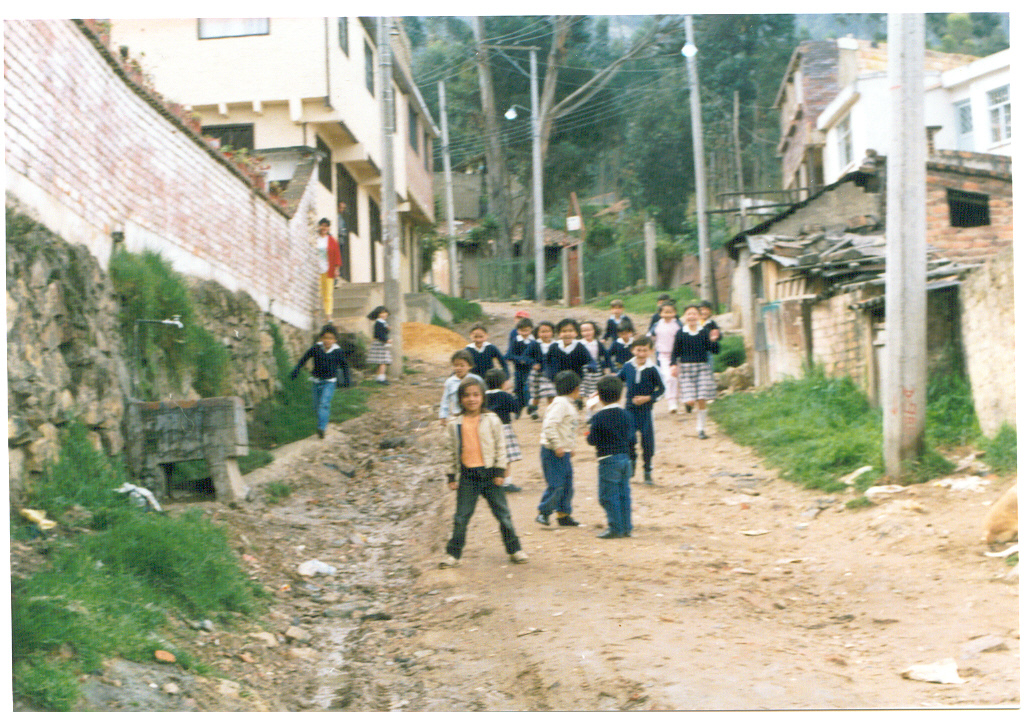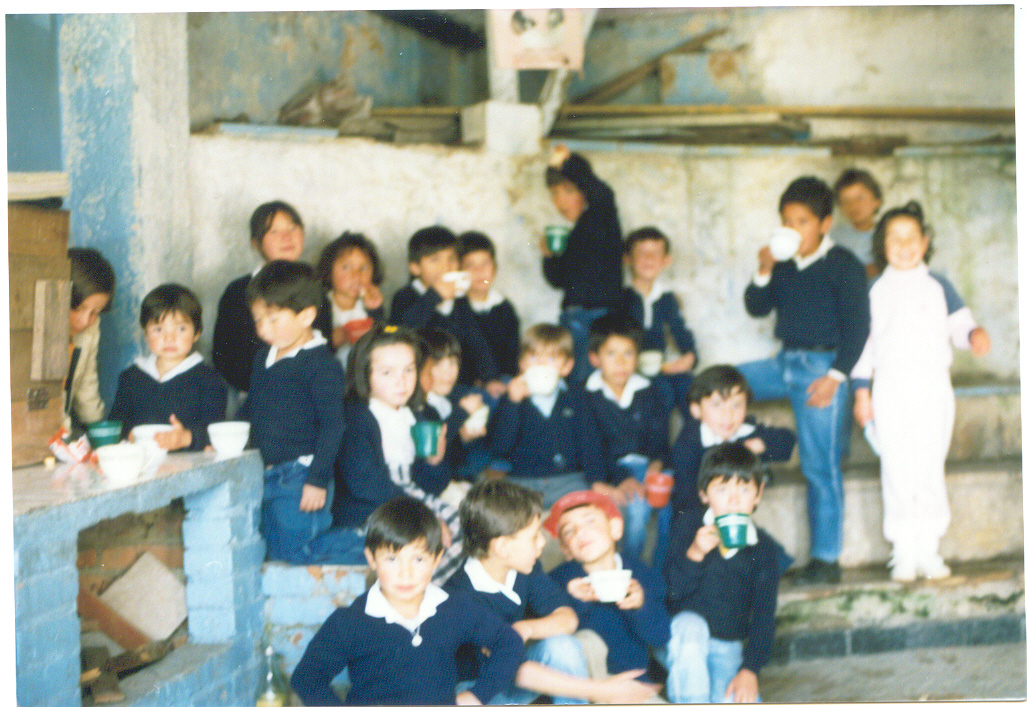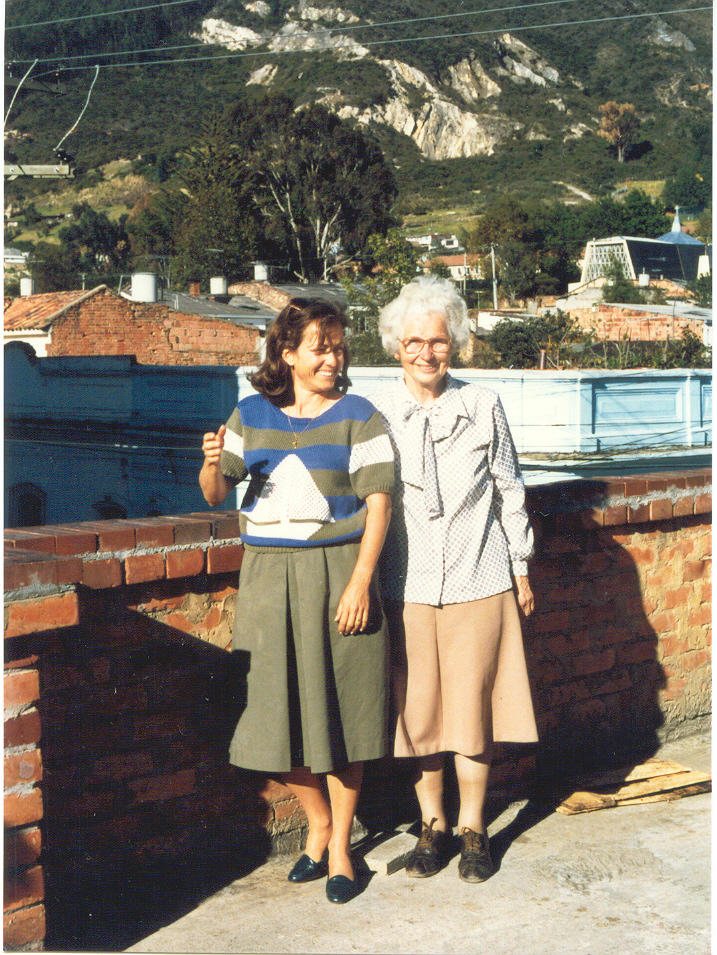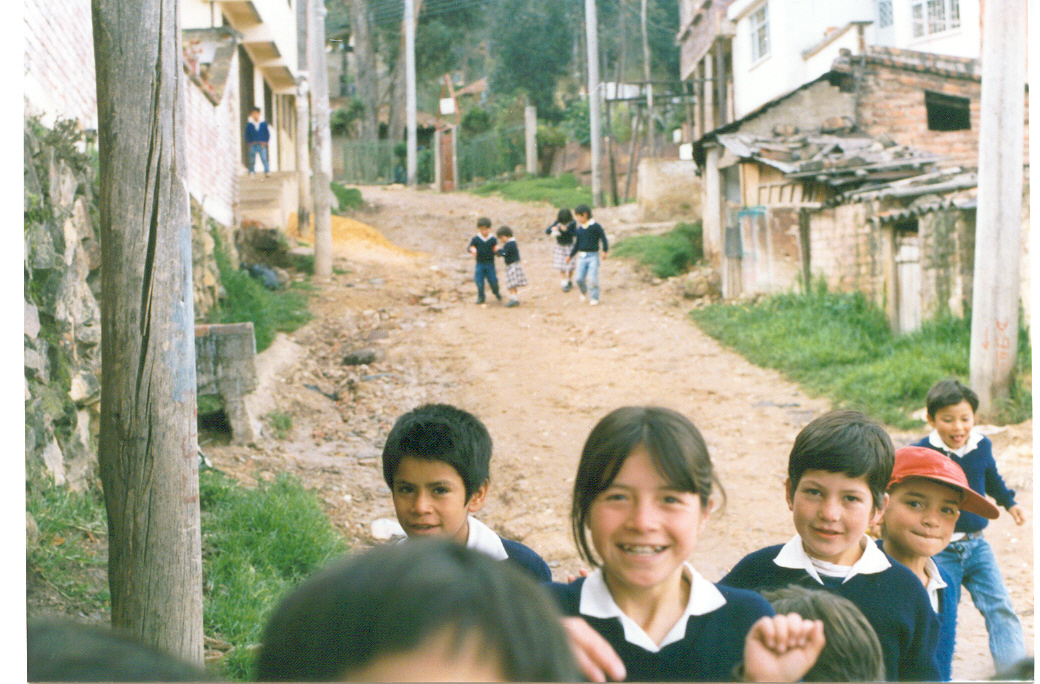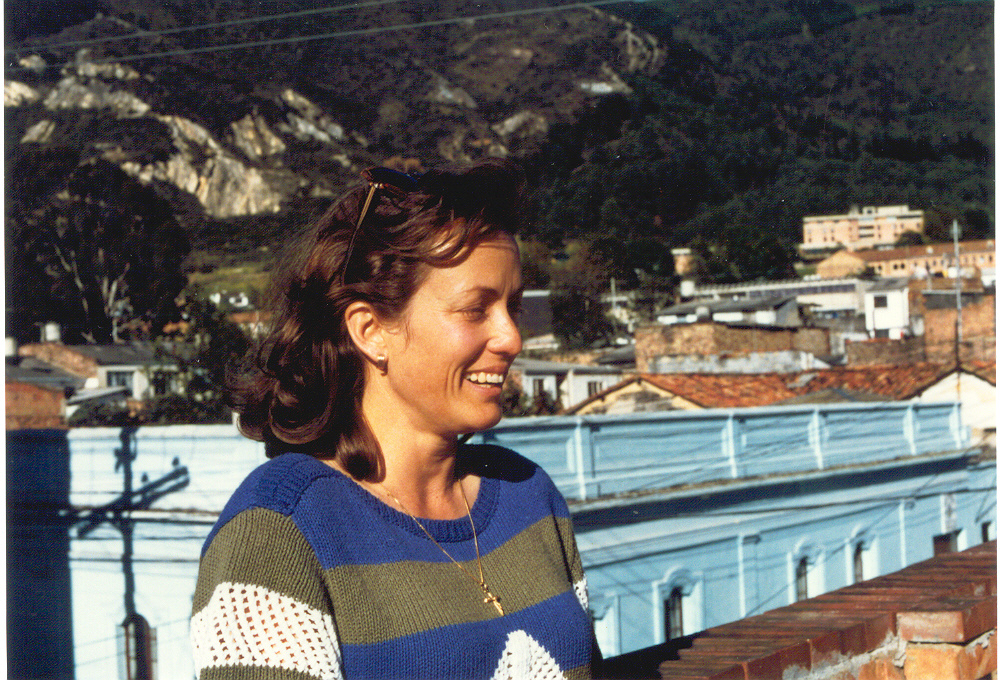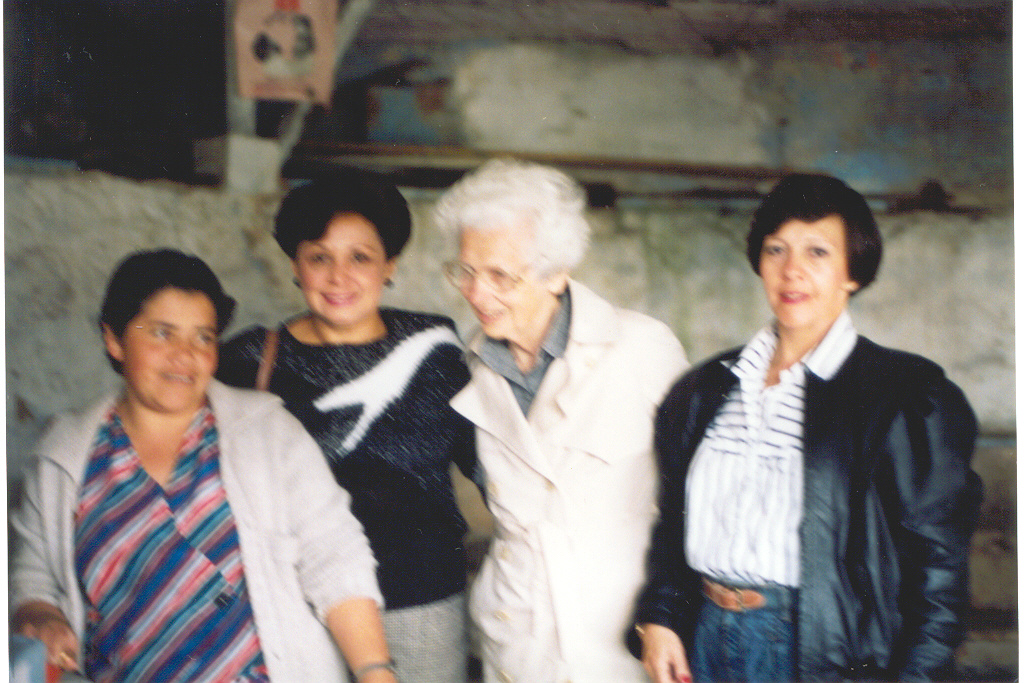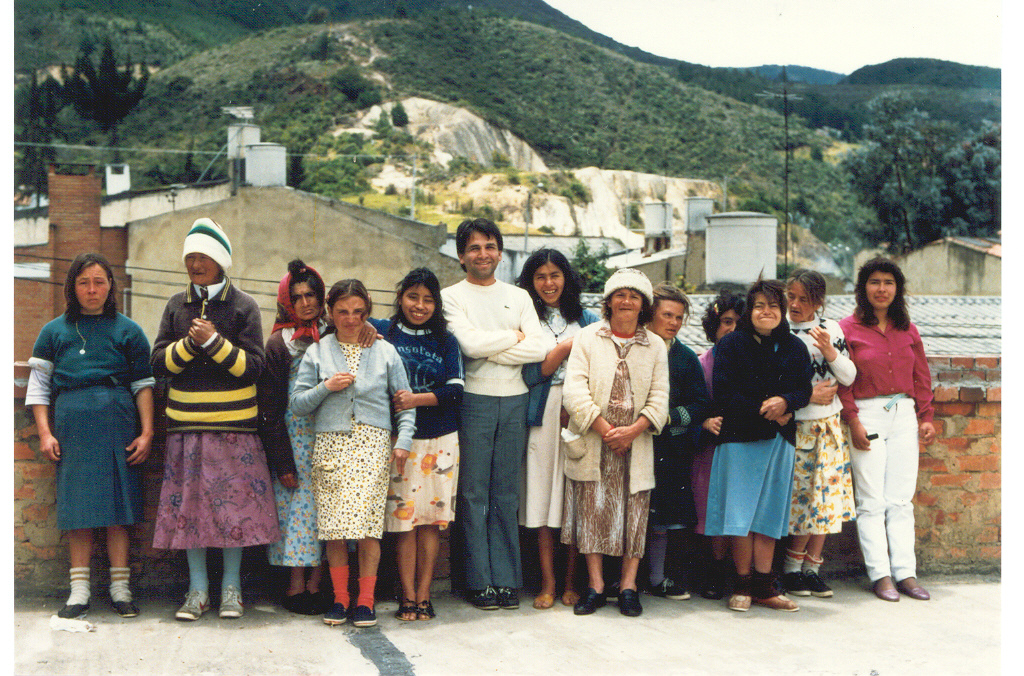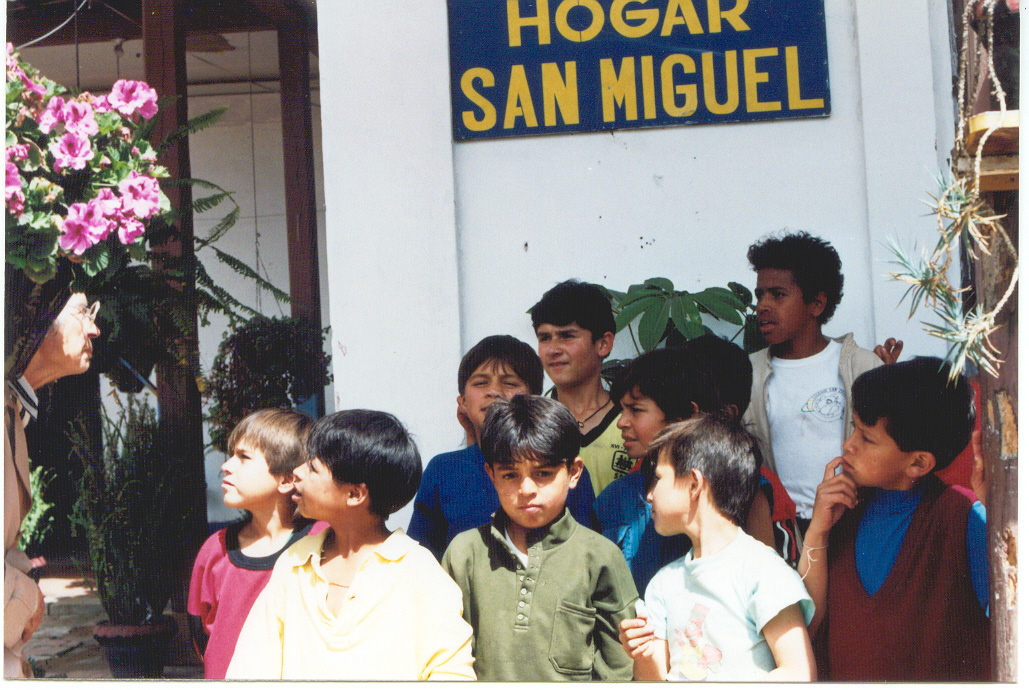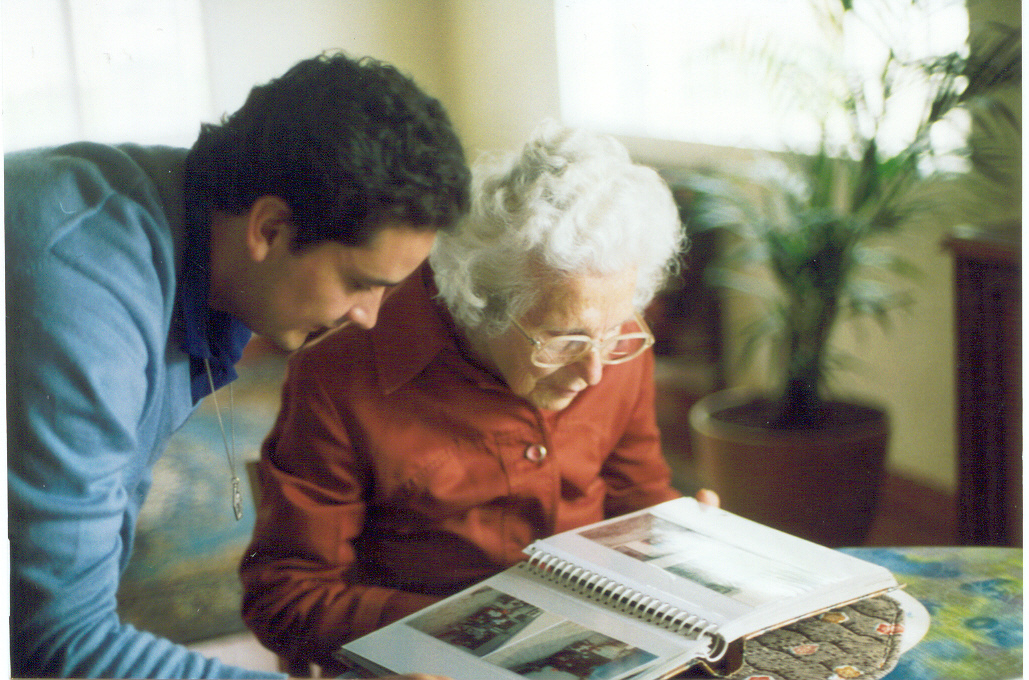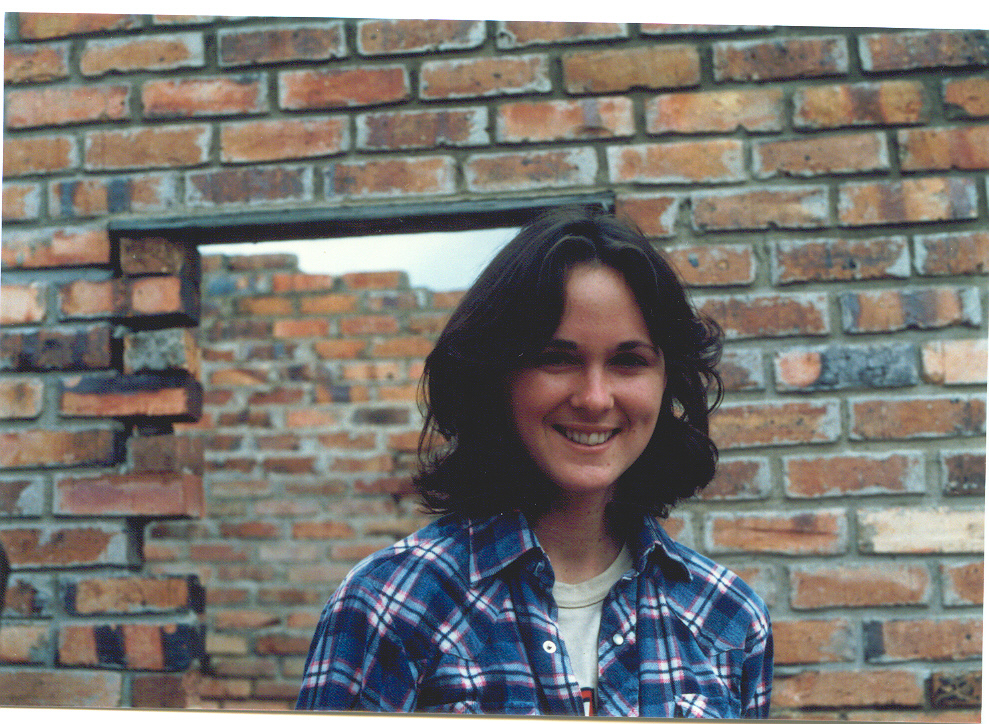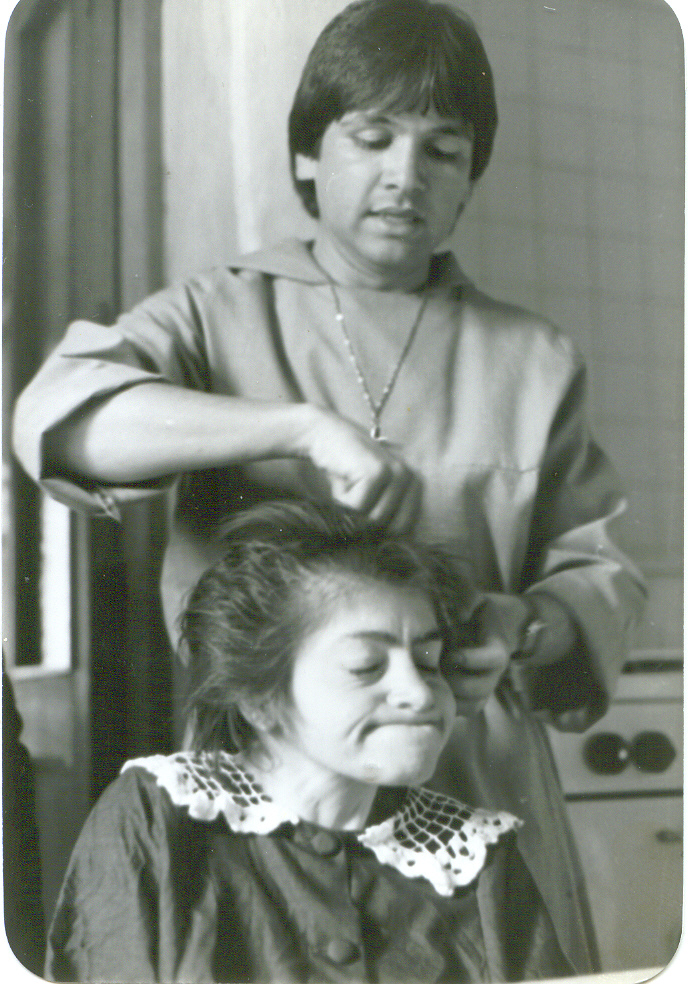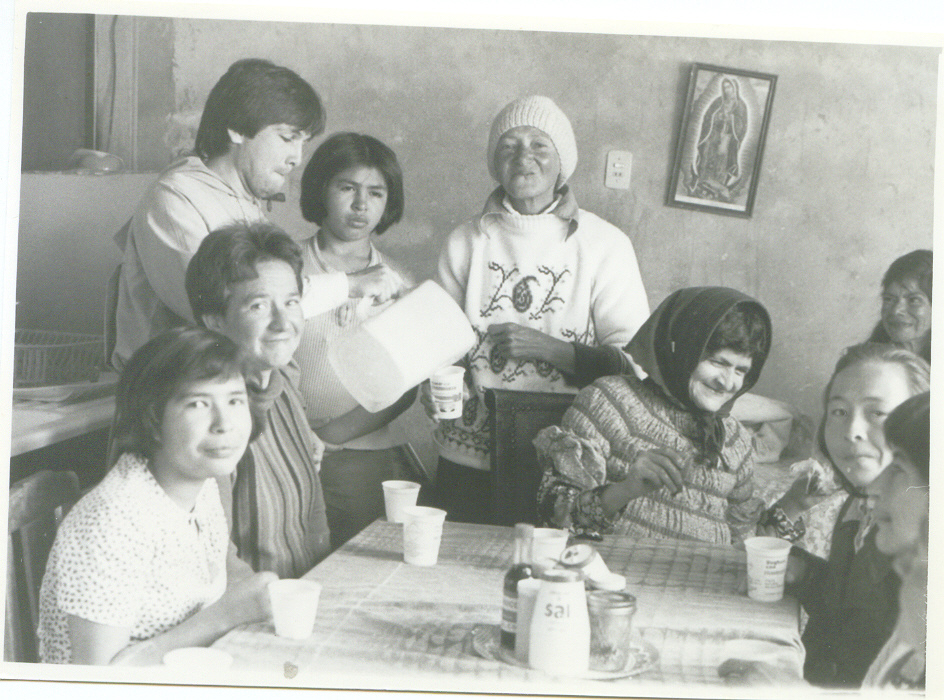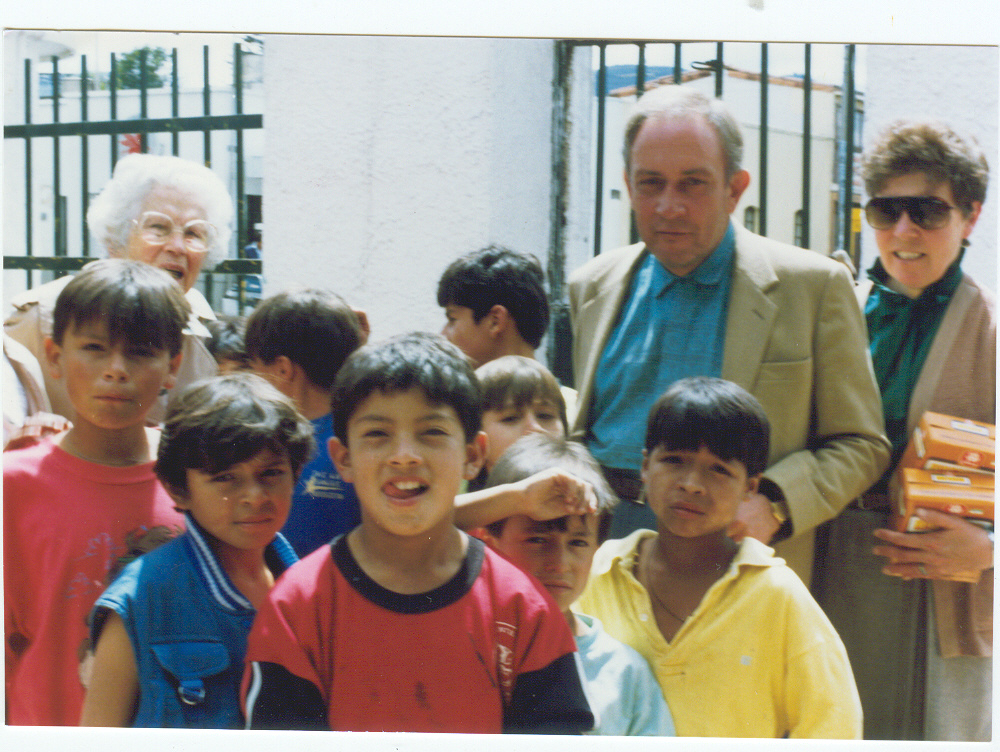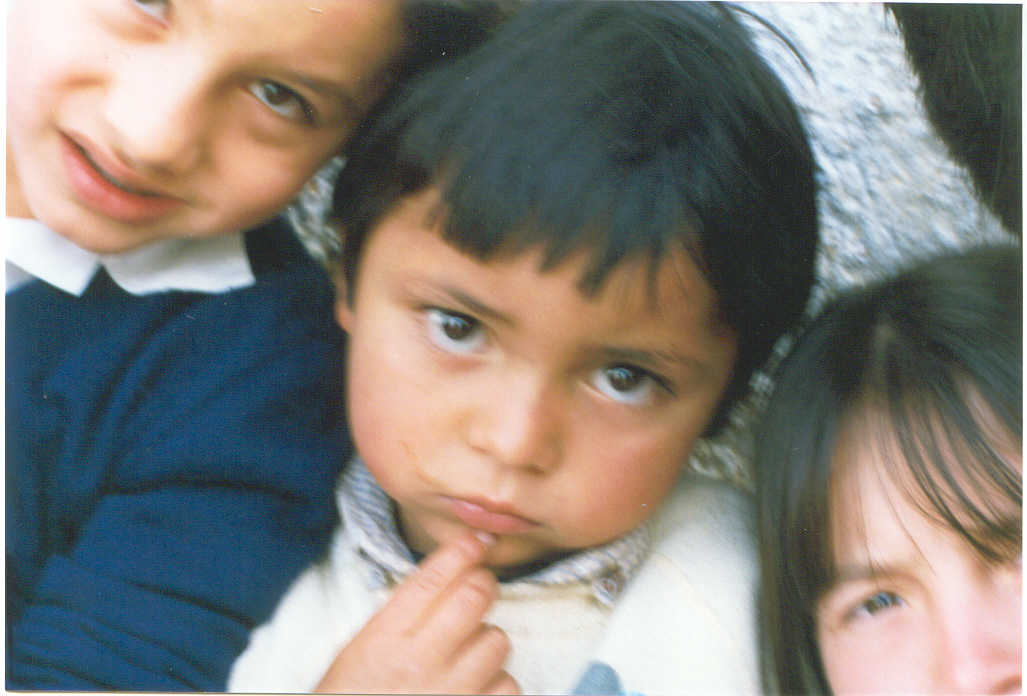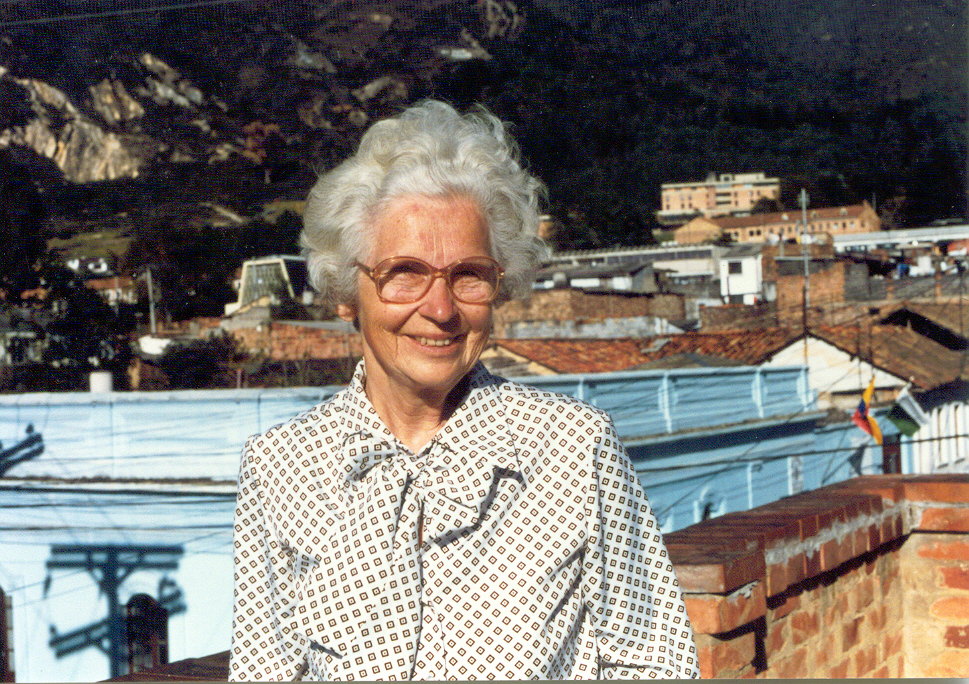
On Aug. 20, members and friends of the McCormick and Mahar clans were among those who gathered at Holy Family Parish in Whitefish Bay to celebrate a Mass for Peace and Justice in honor of Mary (Mahar) McCormick, a servant “Missionary of God’s Love,” both in the United States and in Colombia. This year marks the 20th anniversary of McCormick’s death and the 110th anniversary of her birth.
Before the Mass, Mary’s daughter Martha shared a slideshow of photos and a bit of history about this modern-day missionary. Mary McCormick was born in Portage on April 12, 1912, and at age 12 moved to Milwaukee, where she attended Holy Rosary Parish School and Holy Angels High School. She was the second of eight children and passed on a scholarship to Marquette University to help raise her six younger brothers after her mother’s death. She married Tom McCormick in 1942 and moved into a home across from Holy Rosary Parish.
Mary McCormick lost her husband in 1956, just before the birth of their seventh child. Through faith and determination, she was able to care for her family and extended family at home. Carol, another of McCormick’s daughters, explained how her parents’ marriage was built on how they connected through the Blessed Virgin Mary and their love for the Catholic Church.
Love in Action
It was that love for the Church that called Mary McCormick to Colombia. In 1968, after reading a notice on a church bulletin board about the Papal Volunteers to Latin America and having read a great deal about the situation there, she packed up her three youngest daughters, aged 11, 14, and 17 at the time. She answered the call to serve as a lay missionary.
“Ma Mary,” as the children of Colombia called her, was only supposed to stay for a year. She served for 26. In Bogota, Mary McCormick is called the Mother Teresa of Colombia, with her photo adorning many homes in the poor hillside barrios.
Among the many McCormick ministered to were those in prison, serving as their conduit to the outside and bringing along necessities — toothbrushes, vitamins, toothpaste and Christmas presents. Her daughter Carol shared a story about a visit to the prison — when Mary McCormick arrived with her bags full of supplies, she was told she was not going in, as an uprising was occurring. Mary went in, delivered her goods, and when she returned, was asked what she did. Nonplussed, she said, “I just prayed with them.”
McCormick got everybody involved. While donations were necessary to continue her important work, her focus remained on the larger picture. She believed in the good of humanity and the importance of keeping everyone on their spiritual path. Mary McCormick’s daughter Sheila explained her mother’s commitment to an individual relationship with and respect for each person she encountered. When walking through the barrios with a potential donor, a young boy came running up to Mary, excitedly telling her that he had been accepted to school but could not attend without notebooks. Mary turned away from the donor and focused on that child as if he was the only one there. The donation still came, proving Mary right about God’s providence: “You do what’s necessary before you, and it will come.”
Returning to Wisconsin
Mary gave up a lot to do this work — remaining in Bogota after her daughters returned to Wisconsin. She visited her family in Wisconsin, with her son’s home in Whitefish Bay as her base camp. This home was where she lived after heart issues prevented her from being able to live at the high altitude in Bogota anymore.
Carol noted how at the end of her life, Mary “wanted to be with her Colombian family so much.”
A Mass for Peace and Justice
Holy Family Pastor Fr. Enrique Hernandez (a Colombian) presided over the Mass, and Bishop Emeritus Richard J. Sklba delivered the Homily. Bishop Sklba often said of Mary, “In all my years in the archdiocese, I never met anyone who more resembled Jesus.”

